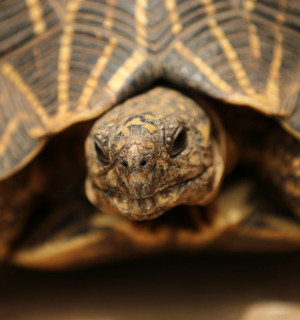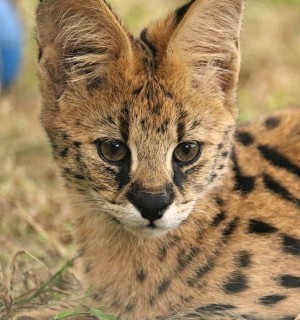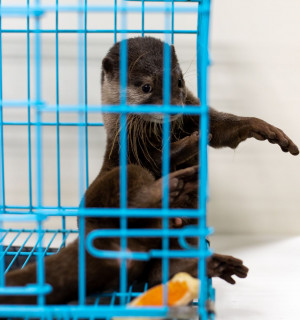The animals you won’t believe are kept as pets in Canada
When you think of wild animals like crocodiles, leopards or tigers, you might think of foreign, exotic landscapes – like the tropics of Australia, African savannahs or jungles of South Asia. You might then be surprised to learn that thousands of these wild animals exist in Canada... as pets.
World Animal Protection data has revealed that Canadians own millions of wild animals, also referred to as exotic animals, despite these animals being entirely unsuitable as pets.
Read the full report: Risky business: The unregulated exotic pet trade in Canada
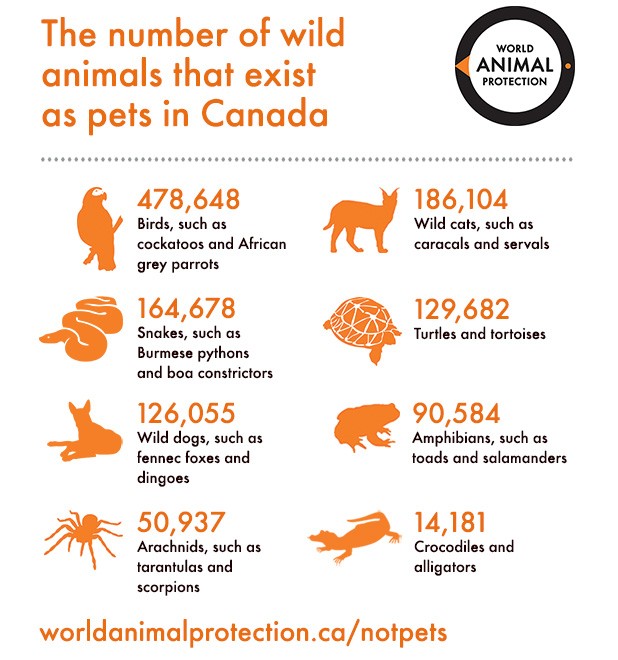
Altogether, an estimated 1.4 million wild animals are kept as pets in Canada.
These shocking figures reveal that Canada’s lax pet ownership laws are enabling a cruel and inhumane wildlife pet trade. Many of these wild animals are poached from their natural habitats and imported directly from the wild. Others come from captive breeding operations, which have their own set of serious problems.
What you can do: Call on provincial governments to improve their exotic pet ownership regulations
Popular animals owned as pets such as snakes, parrots, geckos, turtles, fennec foxes, iguanas, sugar gliders, caracals and servals are all wild animals. Unlike domesticated animals, which have been selectively bred over many generations to live with humans, wild animals suffer in captivity. There is no way to replicate the space and freedom that wild animals need in their natural environment.
Wild animals in your province or territory
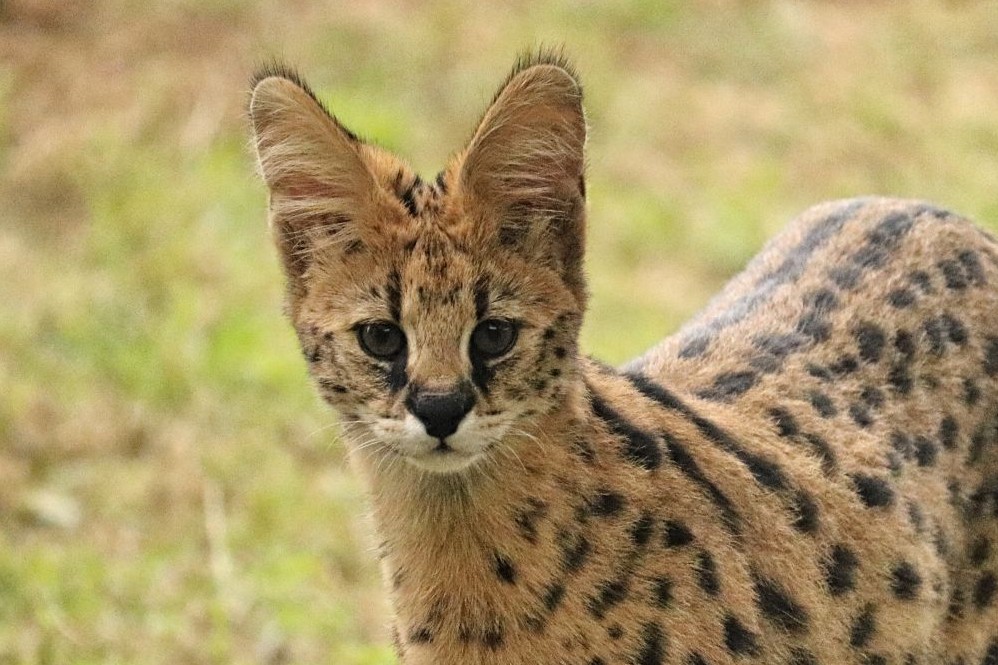
Exotic pet breakdown by province:
With 1.4 million wild animals kept as pets in Canada, the reality is that these animals are likely to live nearby. The highest number of wild animals kept as pets can be found in Ontario, followed by Quebec and Alberta.
- Ontario: 588,652 wild animals are kept as pets
- Quebec: 286,693 wild animals are kept as pets
- Alberta: 202,841 wild animals are kept as pets
- British Columbia: 191,490 wild animals are kept as pets
- Manitoba and Saskatchewan: 82,102 wild animals are kept as pets
- Atlantic provinces: 73,534 wild animals are kept as pets
Wild animals not only suffer in captivity but can pose a danger to their owners and the local community. Mauling, bites, scratches and constriction can inflict serious harm and even death.
Canada has experienced a number of tragic incidents due to wild animal ownership, such as the death of two boys from asphyxiation by an African rock python in New Brunswick, and the death of a woman who was mauled by a tiger in British Columbia.
Inconsistent laws in Canada enable animal suffering
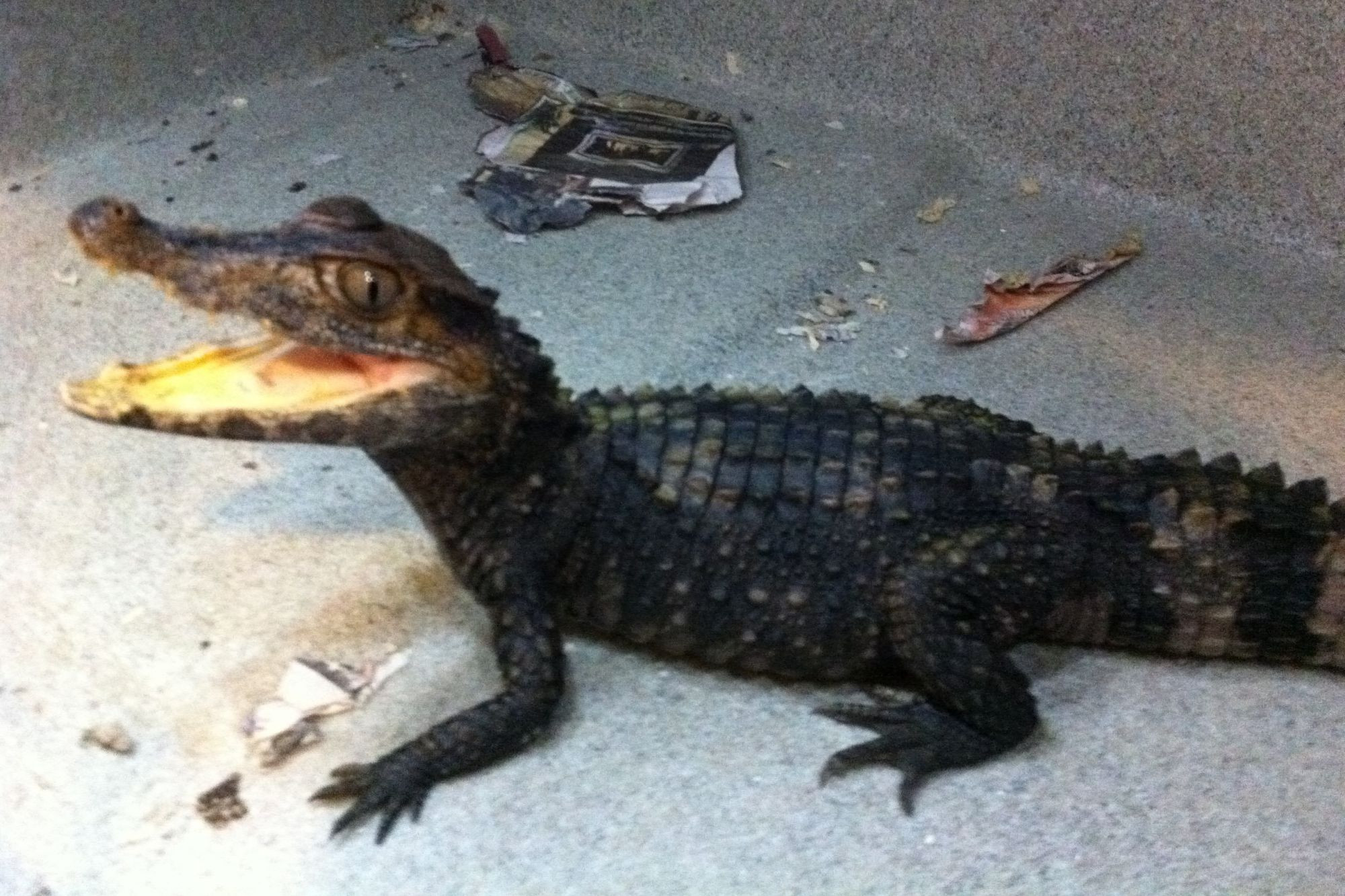
Our analysis of Canada’s wild animal ownership laws found that many provinces fail to sufficiently restrict which animals can be owned as pets. Regions such as Ontario and the Northwest Territories do not regulate this issue at all at a provincial level. Other provinces have stronger laws, which have largely been developed in response to tragic incidents.
Inconsistent laws in Canada also mean that certain wild animals can be legally kept as pets in some provinces but not in others. For example, 85% of the servals kept as pets in Canada can be found in British Columbia and Ontario - both provinces allow ownership of these animals. In comparison, no servals are kept as pets in Quebec and Alberta - provinces that prohibit the ownership of these animals.
How does your province rank?
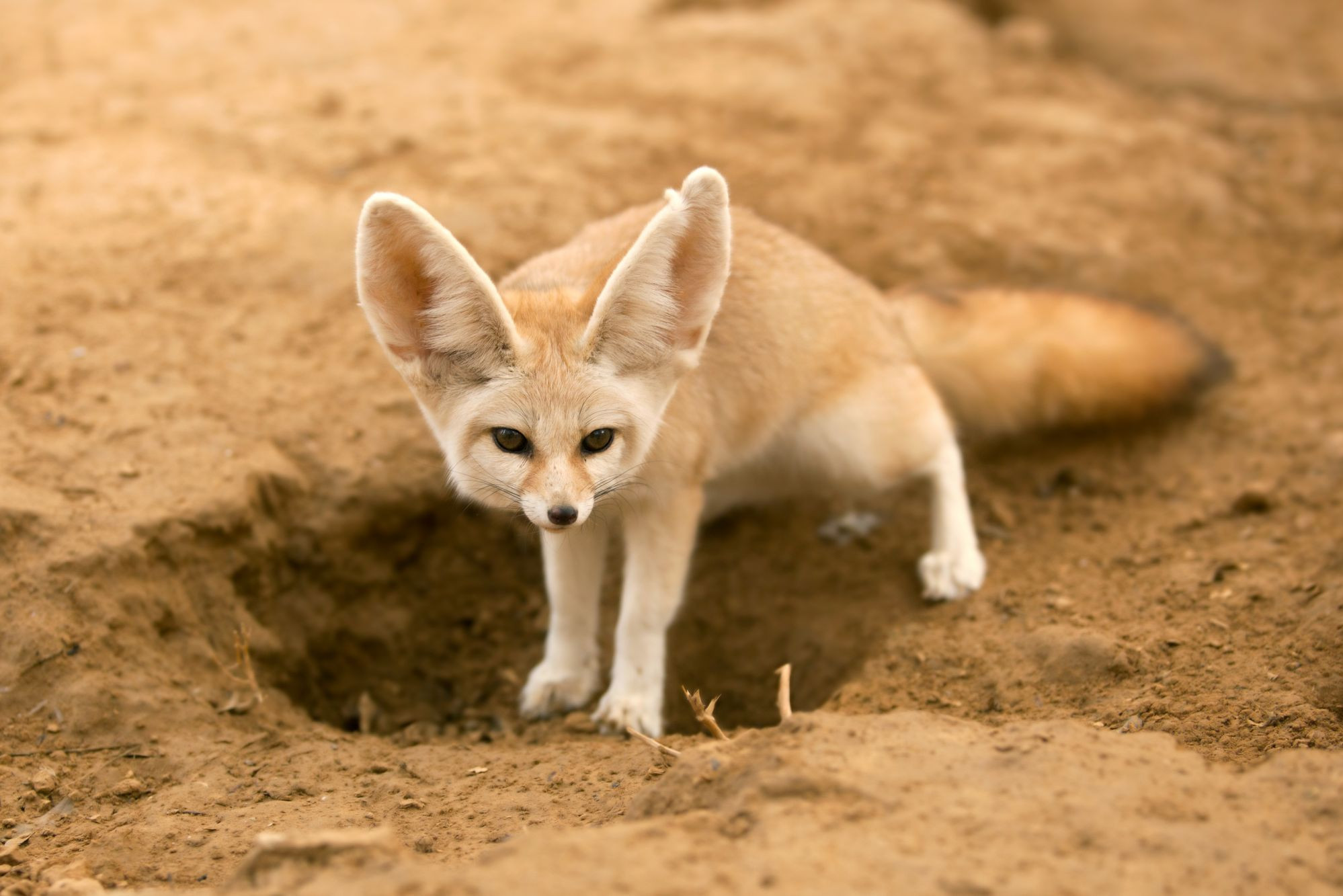
Large numbers of wild animals are kept in Canada due to weak laws. Some provinces are better than others at restricting the keeping of wild animals and protecting them from a lifetime of suffering.
To see how your province ranks, visit our campaign page. You can see which wild animals are permitted in your province and how your province compares to other areas.
What you can do
We are calling on provincial governments to improve their exotic animal ownership laws. Join us by writing a letter to your provincial Minister responsible for this issue. Together, we can move our leaders to protect wild animals from suffering in captivity in Canada.

